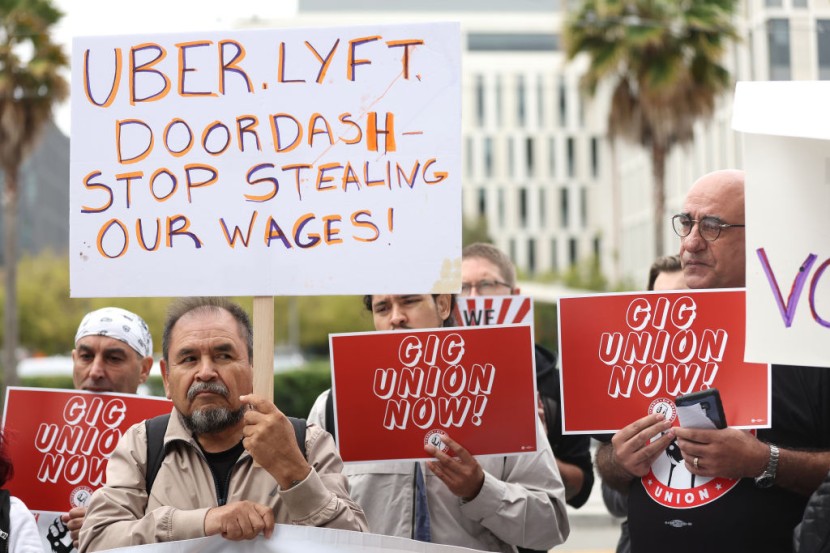The Biden administration signed a new labor regulation into law on Tuesday, January 9, with the goal of stopping workers from being wrongly classified as "independent contractors." This move has the potential to improve pay and legal rights for the millions of Americans who operate as gig workers.
This regulation, first proposed by the government 15 months ago, would replace an earlier standard repealed under the Trump administration and decreased the threshold for employee classification as contractors. Neither the federal minimum wage nor employment benefits like health insurance or paid sick days are available to these workers.
Employees' fundamental rights and protections are violated when they are wrongly classified as independent contractors, according to Acting Secretary of Labor Julie Su.
"This rule will help protect workers, especially those facing the greatest risk of exploitation, by making sure they are classified properly and that they receive the wages they've earned," she said, as reported by Fast Company.
Many large businesses are against the new regulation as they believe it would limit the freedom of workers who want to be contractors. On Tuesday, the United States Chamber of Commerce said it may sue to overturn the new regulation.

Opinions From Major App-Based Businesses
On the other hand, Fast Company reports that big app-based businesses are certain that the new regulation will not require them to reclassify their gig drivers.
According to CR Wooters, director of federal relations at Uber, "This rule does not materially change the law under which we operate, and won't impact the classification of the over one million Americans who turn to Uber to make money flexibly."
The largest app-based ridesharing and delivery platforms are represented by the Flex Association, which has said that it does not anticipate any immediate effect on the app-based gig economy. However, the organization warned that millions of entrepreneurs and small company owners may face more uncertainty as a result of the new guidelines.
Flex Association stated, "That's why we will seek to ensure implementation of this rule does not target workers who overwhelmingly turn to app-based platforms to earn supplemental income on their own terms."
DoorDash was also certain that the new regulations correctly classify their drivers as independent contractors. And as far as Lyft is concerned, the new regulation will not affect operations anytime soon.
See Also : Employment in Private Sector Shows Steady Growth for Consecutive 4th Month, Concluding 2023
Factors to Consider
Although it will not go into effect until March 11, the new law requires businesses to evaluate six factors to decide whether a person is an employee or a contractor without prioritizing one over the other, as reported by The Associated Press.
A worker's level of control, the need for special skills, the length of time they will work for the same company, and the amount of money they spend, like car payments, are all factors. Employers must determine whether such workers' occupations are essential to their firm.
© 2025 HNGN, All rights reserved. Do not reproduce without permission.








